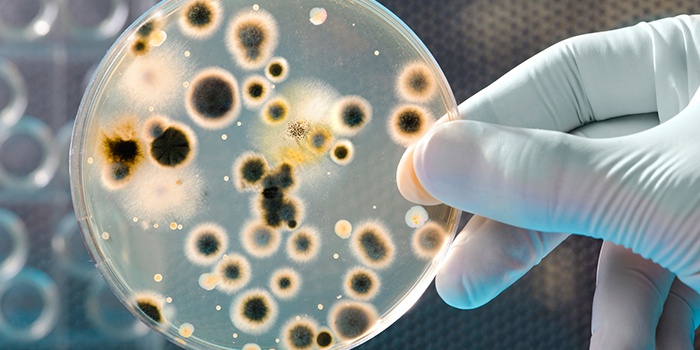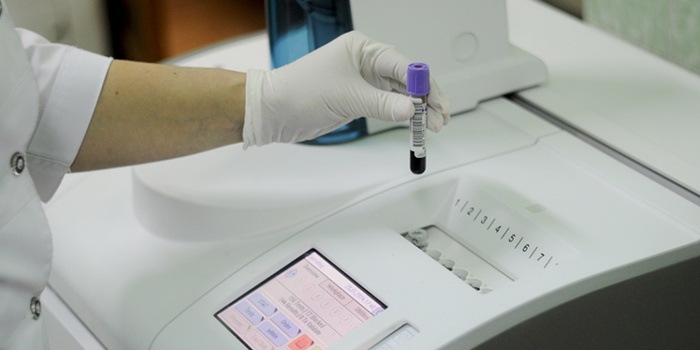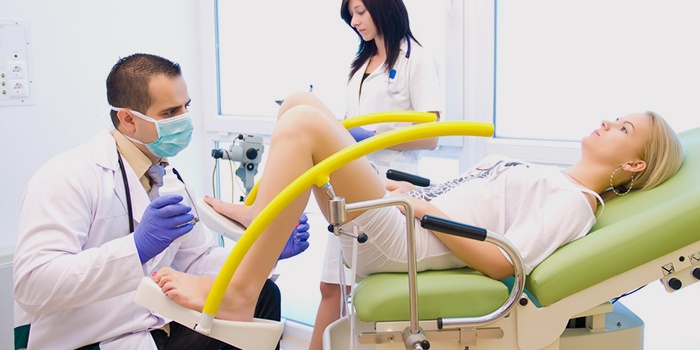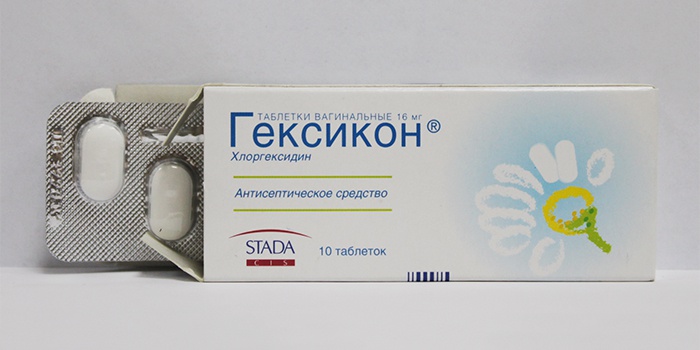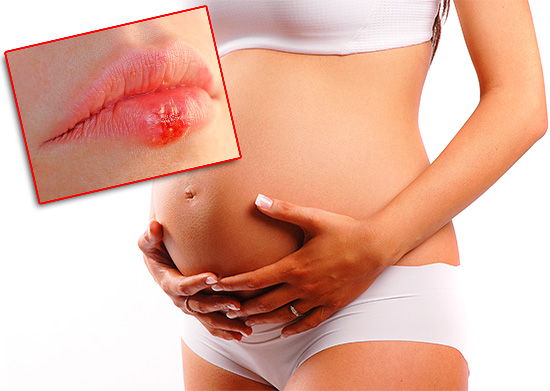Content
- What is ureaplasma parvum and urealitikum
- The causes of the disease
- The main signs and symptoms in women
- Diagnostic Methods
- How to treat ureaplasmosis in women
- What is ureaplasma treated in pregnant women?
- Disease prevention
Infectious diseases in women are not uncommon. Especially in the modern world. Such problems include ureaplasmosis in women. Ureaplasma infection, what is it, what are the symptoms and root causes, how to treat the disease? Ureaplasmosis refers to inflammatory infections that occur in the genitourinary system. Its causative agents are gram-negative microbes. Ureaplasma in medicine is almost never found as an independent ailment, it is often detected along with chlamydia and mycoplasma (mycoplasmosis).
What is ureaplasma parvum and urealitikum
Doctors distinguish several types of microorganism that causes significant inflammation of the female organs. One of the species has the name ureaplasma urealitikum (ureaplasma urealyticum). The “process” of this species is ureaplasma parvum (ureaplasma parvum). Doctors do not share ureaplasmosis urealiticum in women and its branch of parvum. They fight these microbes using identical drugs, they are characterized by the same signs, complications. In most cases, ureaplasma species are grouped into the ureaplasma species group..
The causes of the disease
Positive soil for the reproduction of ureaplasmosis in women and the spread of microbes in the genitourinary system is based on the following reasons:
- significant changes in the immune system (strong weakening of the immune system);
- child bearing or termination of pregnancy;
- chronic infectious diseases;
- hormonal disruptions during menstruation.
The main signs and symptoms in women
Symptoms of ureaplasma in the female body are sometimes detected by chance, through the diagnosis of another disease. In other circumstances, signs of ureaplasmosis are recognized without problems. Here are some of them:

- If vaginal discharge is normal, then they are colorless and do not smell. Yellow discharge, having an unpleasant odor, signals the presence of ureaplasma.
- Pain, significant discomfort in the vagina during sex and after intercourse are frequent signs of ureaplasmosis.
- Ureaplasmas can appear as cuts in the lower abdomen (they indicate a probable infection of the appendages and uterus).
- If infection with ureaplasmosis has an oral-genital character, then there are signs characteristic of angina (plaque on tonsils, sore throat).
- Frequent urination, causing burning sensation, discomfort in the urethra.
If ureaplasma does not cause discomfort, pain, it is still necessary to eradicate it. Timely contacting a specialized specialist will not allow an infectious disease to develop, it will help to avoid complications, including chronic ureaplasmosis (requires a long and complicated therapy). It is necessary to monitor your health constantly.
Diagnostic Methods
Diagnosis of ureaplasmosis in the body is carried out in several ways. The patient must undergo a series of tests to confirm or deny the presence of a ureaplasmic infection in humans. Doctors use four basic techniques to detect ureaplasma in the female body:
- The most accurate way to determine ureaplasmosis is considered to be PCR analysis. When ureaplasma is found using a popular technique, the diagnosis continues. True, this method is not used to test the results of treatment of ureaplasmosis urealyticum in women.
- Another good method for calculating ureaplasma is the serological method, which finds antibodies to the structures of harmful microbes.
- To determine the number of pathogens of ureaplasmic disease, bacteriological analysis-seeding is used..
- The next and final method for diagnosing ureaplasmosis is UIF (direct immunofluorescence) and ELISA (immunofluorescence analysis).
How to take an analysis for ureaplasma
Analysis for ureaplasma is performed as follows. The doctor takes a scraping from the vaginal arches, the cervical canal or the woman’s urethral mucosa. Periodically, blood and urine are taken from the patient to detect ureaplasma. A few simple but important rules for preparing for tests for the diagnosis of ureaplasmosis:
- interruption of the course of drugs of the antibacterial group two to three weeks before the test;
- when collecting biological material from the urethra, doctors advise not to urinate for 2 hours before scraping;
- when a woman has menstruation, tests for ureaplasmosis are not taken;
- blood should be donated exclusively on an empty stomach, otherwise the results of tests for ureaplasma may be erroneous;
- if urine surrenders, it is better to collect a portion that was located in the urea for at least 6-7 hours.
How to treat ureaplasmosis in women
Ureaplasma infection refers to such diseases that almost do not give a chance to be cured forever. Every woman is born with a certain microflora that does not change throughout her life. To get rid of ureaplasma, you need to minimize the number of parasites with a conditional “status”, simply destroying most of these microorganisms.
Drug treatment regimen
Therapeutic agents to eliminate ureaplasmosis can be of a different nature. The main group of medicinal preparations are antibacterial tablets, suppositories. Medications for ureaplasma are divided into three groups:
- lincosamides (tablets “Linkomycin”, “Dalacin”);
- macrolides (“Erythromycin”, “Rulid”, “Sumamed”);
- tetracyclides (Doxycycline, Tetracycline tablets).
The therapeutic process of ureaplasmosis with antibacterial drugs is divided into two types: antibiotic tablets (systemic therapy) and vaginal suppositories (local therapy). Achieving an effective result is possible using a combination of these techniques. Therapeutic drugs:
- The most effective suppositories from ureaplasma for women – “Hexicon”, “Genferon”.
- Still for the treatment of ureaplasma infection using drugs that strengthen the immune system – “Lysozyme”, “Timalin.” Gardnerella (a microbe that causes dysbiosis in the vagina) is treated with identical drugs.
The treatment regimen for ureaplasma in women
- The doctor prescribes antimicrobial, immunostimulating agents.
- The individual microflora of the intestine, vagina, destroyed by ureaplasma, is restored. For this, the patient should consume beneficial lactobacilli and bifidobacteria.
- The entire period of getting rid of a ureaplasmic infection needs to refrain from sexual activity.
- The doctor prescribes local treatment with rectal, vaginal suppositories.
- A special diet is prepared that excludes alcohol, fatty, fried, seasonings, sauces.
Effective folk remedies
Ureaplasmosis can sometimes be cured with the help of traditional medicine. Ingredients for the preparation of homemade medicines are best purchased at a city pharmacy. We offer several effective folk recipes for the fight against ureaplasma in the female body:
- Roots of licorice, leuzea, penny, turn, cones of alder, chamomile flowers will help to defeat ureaplasma. Pour 1 tablespoon of each component into the container. The resulting must be carefully chopped, mixed. A glass of boiling water pour one spoonful of collection, we insist 8-10 hours. Tincture should be consumed three times a day before meals, 1/3 cup.
- For the preparation of the next national drug from ureaplasmosis, we take thyme, ledum, yarrow, a string, buds of birch, roots of a leuzea, a hemorrhage. We grind all the ingredients, mix, taking them in the same amount (1 tbsp. L). Pour one teaspoon of the herbal mixture with a glass of hot water. We insist about 9-10 hours. The medicine is drunk half a cup before meals twice a day.
What is ureaplasma treated in pregnant women?
During the period of gestation, the woman’s body is weakened, so the infection easily penetrates inside. Timely ureaplasma detected in a pregnant woman is the key to effective treatment. If you follow the recommendations of a gynecologist, then in 96% of cases of ureaplasmosis it is possible to get rid of the infection without consequences. The healing process begins in the second trimester, when the fetus has already acquired a chorion (future placenta). Ureaplasma during pregnancy is often destroyed by the drug “Josamycin”. Plus, the doctor prescribes vitamins, a means to strengthen the immune system.
Disease prevention
Preventive measures to prevent female ureaplasmosis:
- constant maintenance of immunity in good condition (hardening, vitamins, healthy nutrition);
- the use of barrier methods of protection against ureaplasmosis;
- refusal of casual intimacy with different partners;
- strict observance of the rules of intimate hygiene;
- ureaplasmosis must be treated not only in women, but also in a regular sexual partner.






